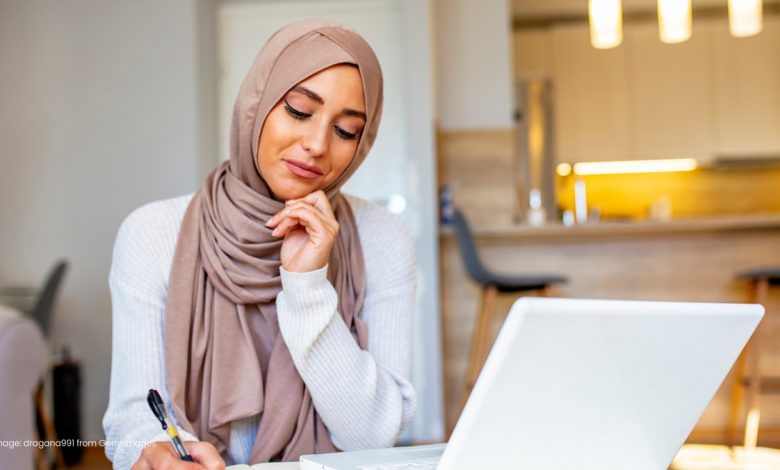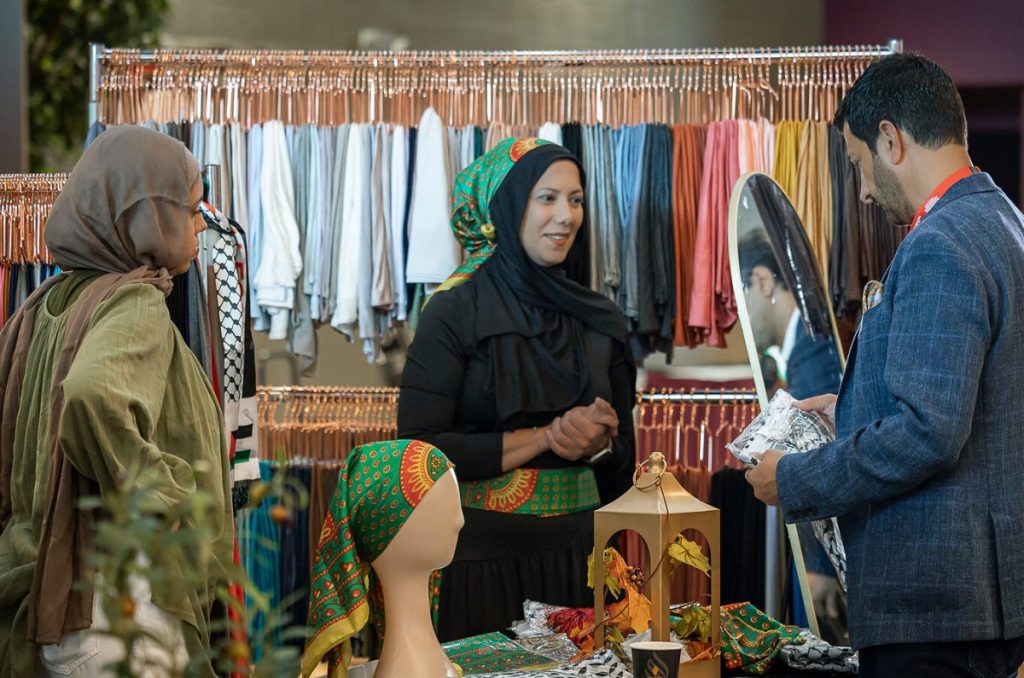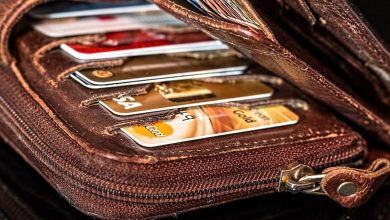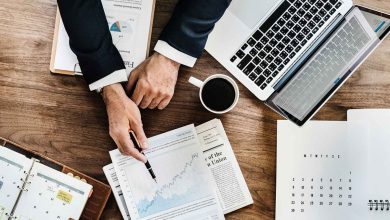The Economic Power of Arab and Muslim Americans: Fueling U.S. Prosperity
How Arab and Muslim Communities Contribute to the Economic Strength of the United States.

The economic power of Arab and Muslim Americans is an often-overlooked yet increasingly vital force in the United States economy. With contributions ranging from small business ownership and real estate investment to medicine, tech innovation, and academic research, these communities play a significant role in strengthening America’s financial, labor, and innovation sectors.
According to data from the U.S. Census Bureau, Pew Research Center, and various economic studies, Arab and Muslim Americans are not only economically active but also economically empowering—creating jobs, paying taxes, fostering innovation, and helping to stabilize local economies.
Business and Entrepreneurship: A Foundation of Economic Strength
Arab and Muslim Americans are highly entrepreneurial. According to the Arab American Institute and National Bureau of Economic Research:
-
Over 110,000 Arab-American-owned businesses exist in the U.S., generating billions of dollars in revenue.
-
Muslim Americans have some of the highest rates of entrepreneurship among immigrant communities.
-
Popular sectors include restaurants, retail, logistics, real estate, and healthcare.
Many Arab and Muslim business owners reinvest in their communities, creating local jobs and supporting neighborhood development, especially in cities like Dearborn (Michigan), Paterson (New Jersey), and parts of California, Texas, and Illinois.

Education and Professional Excellence: Fueling U.S. Competitiveness
Arab and Muslim Americans are highly educated and disproportionately represented in STEM fields, healthcare, and academia:
-
Roughly 40% of Muslim Americans hold college degrees, compared to the national average of 33%.
-
Thousands serve as doctors, engineers, pharmacists, IT specialists, and university professors.
-
In sectors like biotech, aerospace, and software, Muslim professionals are often at the cutting edge of innovation.
These communities enhance U.S. competitiveness globally and fill vital gaps in technical and medical labor markets.
Real Estate, Investment, and Banking
Many Arab and Muslim Americans invest heavily in real estate—both commercial and residential. In cities like Los Angeles, Chicago, and Houston, they are among the top investors in local property development.
Additionally, the growing presence of Islamic finance services (which follow Sharia-compliant banking principles) is creating alternative financial models that attract not just Muslims but also ethical investors across backgrounds.
Consumer Power and Market Growth
The Muslim American consumer market is estimated to be worth over $170 billion annually, including spending on food, fashion, media, education, and halal products. Brands such as Nike, Amazon, and Whole Foods have recognized this by launching Muslim-friendly or halal-certified products.
This consumer demand is reshaping American marketing strategies and opening new global business links—especially with the Middle East and Southeast Asia.

Charity and Economic Redistribution
Muslims are also among the most charitable communities in America. According to a 2022 Indiana University study, Muslims gave more to charity on average than any other faith group in the U.S.
This economic redistribution—through zakat, sadaqah, and foundations—supports not only religious causes but also mainstream American institutions, including hospitals, schools, food banks, and refugee services.
The Arab and Muslim presence in the U.S. is not a burden but a major economic asset. From driving local economies and creating jobs to boosting consumption and investing in critical industries, Muslim and Arab Americans strengthen the economic fabric of the United States. As these communities grow in size and influence, their economic power is poised to play an even more central role in shaping America’s future.



